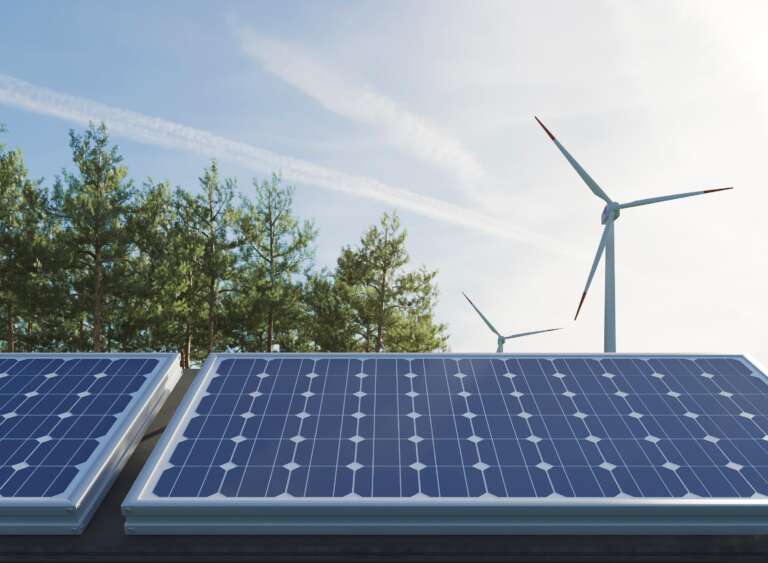Introduction
The world is currently facing an increasingly complex global energy crisis. Dependence on non-renewable fossil energy, surging energy demand, and increasingly extreme climate change demand innovative and sustainable solutions. In this context, the role of higher education, especially Telkom University’s Energy Systems Engineering undergraduate program, is vital in producing human resources capable of designing, managing, and developing efficient and environmentally friendly energy systems.
Understanding the Roots of the Global Energy Crisis
The global energy crisis is not simply a phenomenon of energy supply shortages, but a systemic impact of the growing imbalance between energy demand and supply. Some of the main causes include:
- Dependence on fossil fuels such as coal, oil and natural gas, whose reserves are depleting and prices fluctuating.
- Population growth and industrialization that drastically increase energy demand, especially in developing countries.
- Lack of renewable energy infrastructure in many developing countries, making the energy transition slow.
- Geopolitical instability that affects the world’s energy supply, such as conflicts in the Middle East and the Russia-Ukraine war.
- Climate change that triggers uncertainty in the availability of water-based or geothermal energy resources.
According to a report by the International Energy Agency (IEA), global energy demand is expected to increase by 25% by 2040. Without rapid and appropriate transition measures, the world will face serious energy security risks.
The Strategic Role of Telkom University’s Energy Systems Engineering Undergraduate Program
Telkom University’s Energy Systems Engineering undergraduate study program offers concrete solutions to global energy challenges with the following approaches:
1. Renewable Energy and Efficiency-Based Curriculum
- Learning materials are focused on the development of new and renewable energy technologies (EBT) such as solar, wind, water, bioenergy, and ocean energy.
- Strengthening knowledge of energy system efficiency through energy conversion and optimization techniques.
2. Collaboration with the Energy Industry
- Students are given the opportunity to take part in real projects with national and multinational energy companies.
- Internship programs are available at companies such as PLN, Pertamina NRE, and digital energy startups.
3. Modern Facilities and Laboratories
- Smart Energy Lab, Renewable Energy Simulation Room, dan Internet of Energy Lab available for research and learning.
4. Focus on Smart Grid and Energy Digitalization
- Students are equipped with the ability to integrate smart energy systems (smart grid) which is the foundation of smart cities.
Let’s Build an Energy Independent Indonesia! Join S1 Energy Systems Engineering and create real solutions through sustainable energy.
FAQ (Frequently Asked Questions)
1. What are the job prospects for Energy Systems Engineering graduates?
Can work in the renewable energy sector, national energy companies, state-owned enterprises, energy consultants, energy technology startups, and government sectors..
2. Is there a work-study program available?
Yes, there is schedule flexibility and cooperation with industry partners for internship and work programs.
3. Are there research activities for students?
Research programs are available since semester 3, supported by industry-standard laboratories.
4. What makes this major different from electrical or mechanical engineering?
Main focus on integrated energy systems, energy efficiency, and digital energy transition.
Tags : S1 Teknik Sistem Energi | Teknik Sistem Energi
Author: Rasyifa Putri Raidah – Directorate of Information Technology Center




